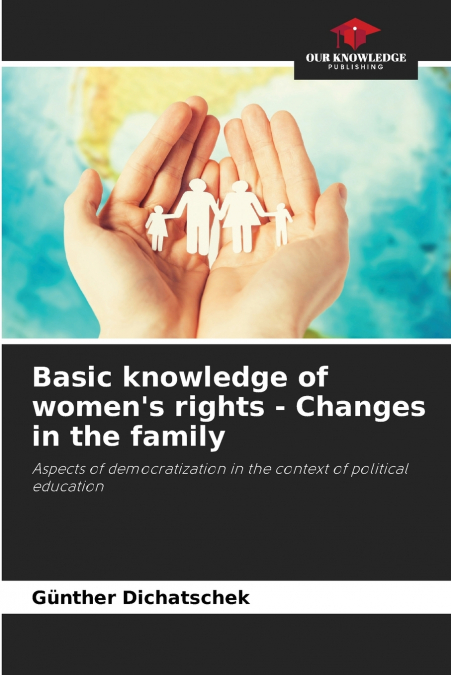
Günther Dichatschek
The study finds its impetus in the efforts over decades for a 'Living Family' (Tyrol State Prize), political education (university course), adult education (continuing education academy) and university didactics (internal course) and the socio-political discourse on International Women’s Day (March 8, 2025). The book project deals with the interrelationship between theory, practice and implementation, focusing on women’s history, women’s rights, the development of suffrage, the advancement of women and changes in the family. From 1906 to 1932, around 40 nation states introduced women’s suffrage. The focus of this article is on Austria. Historical political education needs an explanation as to why women were excluded from the concept of equality for so long and why they were only perceived as political subjects in many European states after the First World War. The thesis is: Women’s history - women’s rights is essentially democratic and social history. The introduction of women’s suffrage can/must be understood as an act of democratization and forms a subject area in political education.